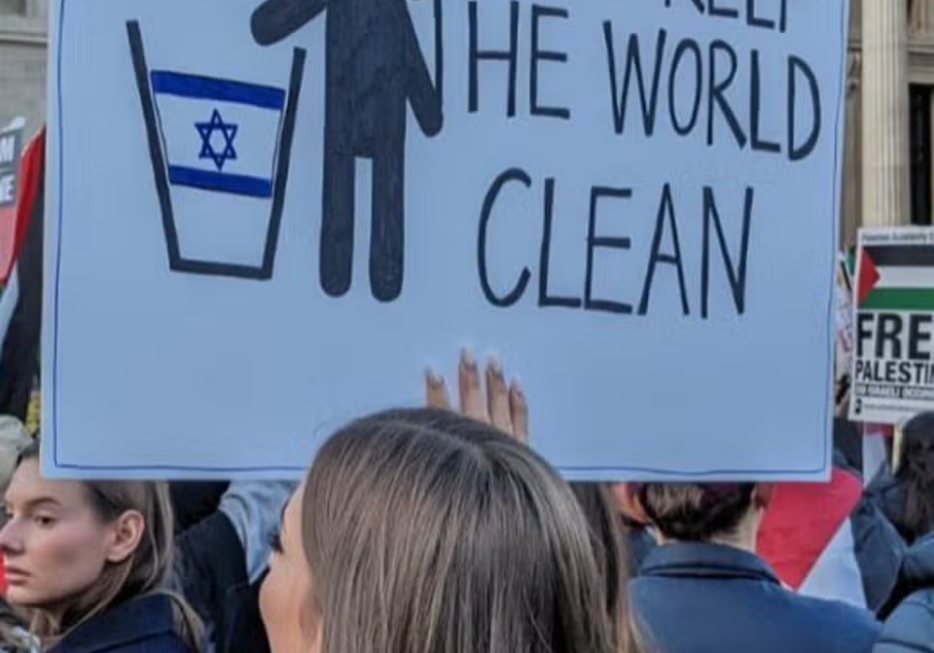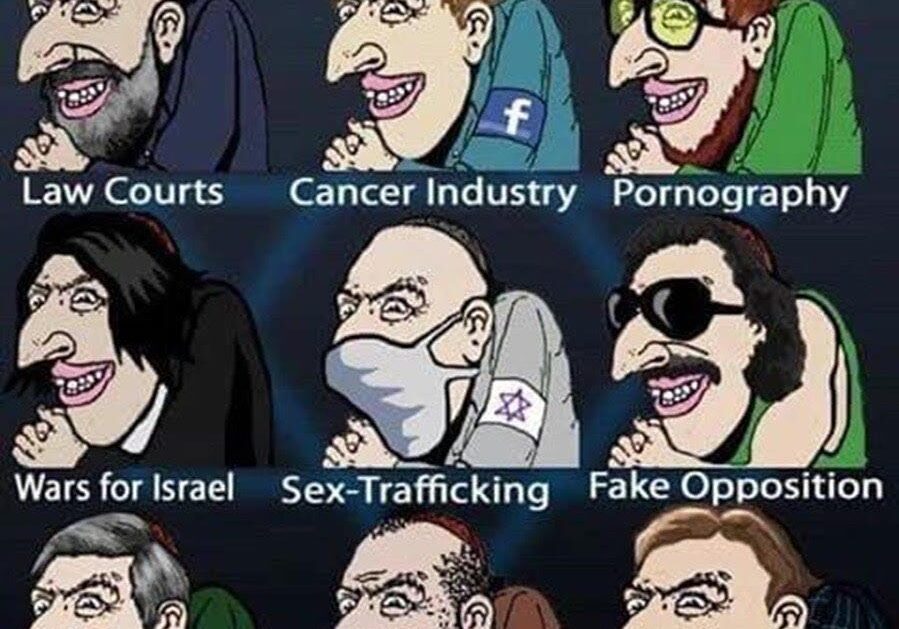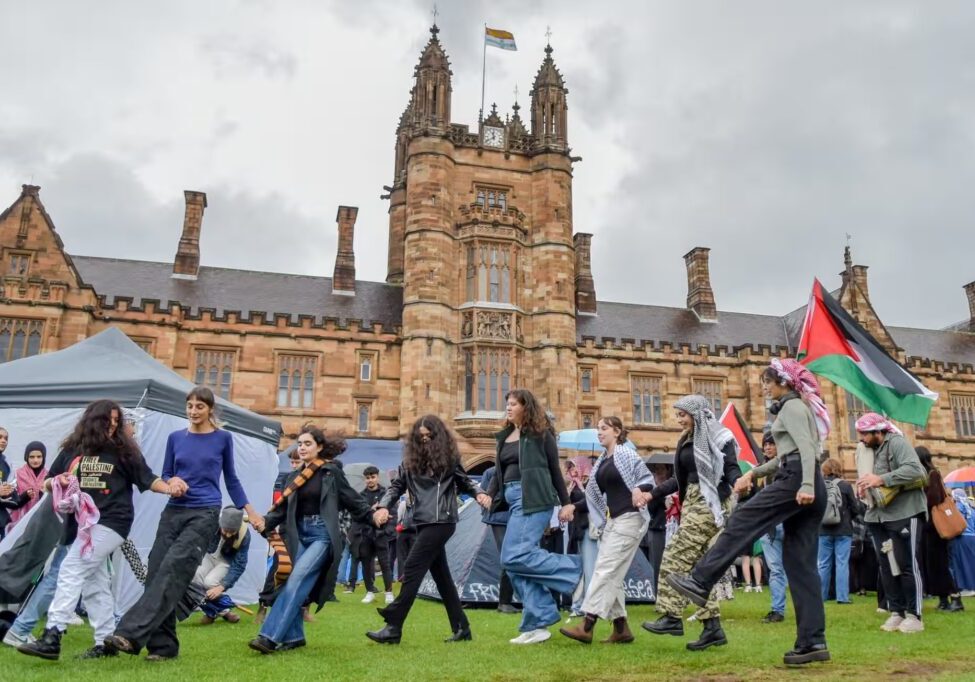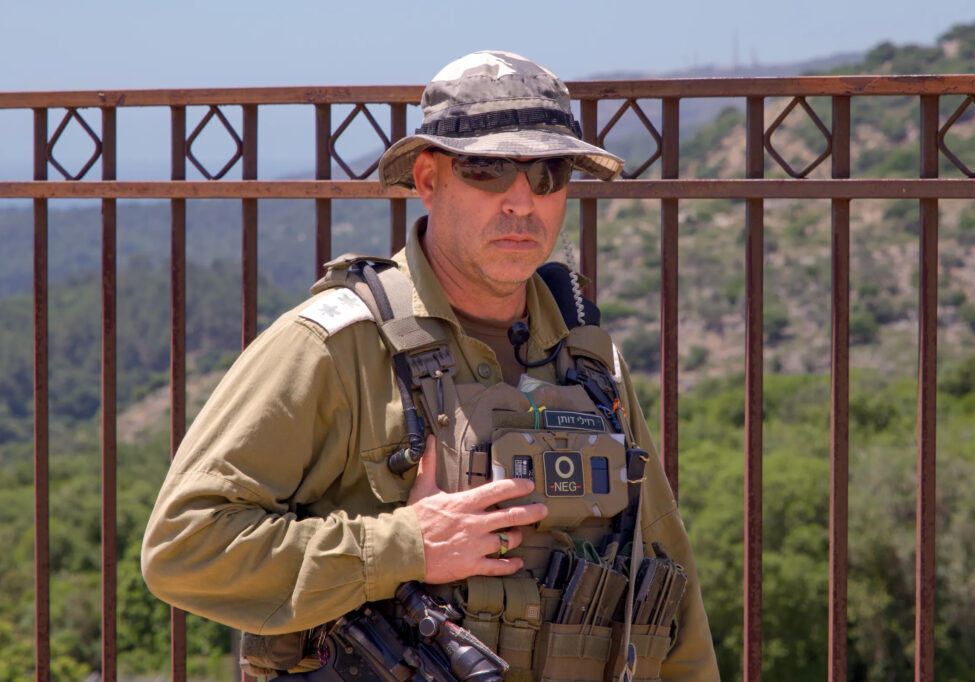Australia/Israel Review
Editorial: The Dilemma of Terrorism Within
Aug 26, 2015 | Colin Rubenstein
Colin Rubenstein
Israelis and friends of Israel alike have, appropriately, come together in expressing profound shame and disgust over the firebombing of two Palestinian homes in the West Bank village of Duma late last month, which claimed the life of a toddler and his father. This came on top of a stabbing attack at Jerusalem’s Gay Pride parade that left a teenage girl dead, and five others injured.
At times such as these, it is essential to resist the impulse to go on the defensive and try to deflect or downplay the significance of the incidents. Some may be tempted to argue that, yes, it was terrible, but the Duma culprit was surely driven to this madness by attacks against Jews from the other side. Alternatively, one might insist it has nothing to do with Israeli society, it’s just a criminal madman, or a few extremists, such as exist everywhere.
Sadly, we have often heard similar wrong-headed arguments in the past from Muslim and Palestinian communities following incidents of terror by Islamists or Palestinian nationalists.
Yet to their credit, overwhelmingly, Israelis – particularly the political and religious leaderships – have avoided such dodges, instead calling for reflection and soul-searching. Crucially, there is general agreement more should have been done to prevent these attacks, and action is being taken. There have been a number of arrests of Israeli extremists suspected to be involved in this case, and plans to expand the legal tools Israeli authorities can employ against them.
It needs to be recognised that there is a differing response to terrorism in Israeli and Palestinian societies that is both undeniable and politically significant. While it would naturally be wrong to blame all Israelis or all Palestinians for the acts of fringe elements in their respective communities, it is entirely appropriate to ask whether each community is doing enough to combat dangerous extremism.
By and large, Israeli society ostracises its violent extremists. Israelis, from the government down to the public, as well as the religious establishment – openly condemn violence by extremists among them, and take responsibility for trying to stop them, even if there are sometimes questions about whether enough is being done.
Yet alarmingly, Palestinian society all too often embraces its extremists, and celebrates their terrorist acts on social media or in impromptu street gatherings. Palestinian authorities name streets and sporting events after terrorists. Palestinian imams on the payroll of the Palestinian Authority have actually repeatedly incited to violence in their sermons and lessons.
Further, the Palestinian government effectively incentivises terrorism by providing generous welfare payments to the families of Palestinians who commit acts of terror against Israelis, and lucrative jobs to terrorists after release from prison.
This permissive or even encouraging attitude towards extremism severely damages peace hopes, but it also costs Palestinian lives as well as Israeli ones. In Gaza, Hamas’ commitment to “violent resistance” against the “Zionist entity” has provoked several wars that have cost thousands of Palestinian lives. The same can be said of the Second Intifada promoted by the late Yasser Arafat.
As some Palestinian human rights activists have noted, Palestinian cultural attitudes towards extremism rob Palestinian youth of their innocence and taint their future by encouraging them to cling to the fantasy that Israel can be destroyed through violence.
Of course, terrorism is not a problem unique to the Holy Land, as we were grimly reminded by the terrorist attack at a popular religious shrine in Bangkok on Aug. 17, which killed 20 people.
The ugly spectre of terrorism casts a pall over much of the world. And while terrorism has been employed in the name of many causes, it must be recognised that, today, Islamist terror poses the biggest threat globally.
While the self-radicalised and “lone wolves” inspired by ISIS are presenting authorities with a whole new variety of challenges, it should not be forgotten that the most dangerous terrorists are those with the means to amass advanced arms, technology and resources beyond the reach of individuals.
State-sponsored terrorists, like Iranian-backed Hezbollah, Hamas and Islamic Jihad, even have the means to launch limited wars – while employing terror methods in violation of the laws of war. Worryingly, these Iranian terror proxies stand to be strengthened exponentially as a result of the very problematic Iranian nuclear deal.
Meanwhile, ISIS, with control over vast swathes of Iraq, Syria and the Sinai, is not only the greatest inspiration for international terror at the present time, but also the ultimate terror-supporting state in the making.
Here in Australia, authorities continue to grapple with ways to combat the threat of terrorism spreading to our shores – emanating in many cases from Australian citizens themselves.
UK Prime Minister David Cameron’s landmark July 20 speech on extremism deserves special recognition for identifying the real ideological drivers behind the progression towards radicalisation. Extremist violence can only flourish in a fertile ideological environment.
Meanwhile, if the world hopes to contain the scourge of terrorism – as it must – it needs to act with complete unanimity to ensure that acts of terrorism can never benefit those who perpetrate them, regardless of who they are or what cause they support – nor can it tolerate efforts to diminish, relativise or explain away terrorist crimes as a reaction to injustice, deprivation or victimhood.
At the same time, the radicalisation of individuals that results in foot soldiers for terrorism must be addressed. This means that it is not enough for communities simply to distance themselves from the terrorists among them. Like Israel properly did when faced with its own Jewish extremists, these communities must be prepared to look at themselves in the mirror and ask what more they can be doing to thwart dangerous extremism from within before it takes hold and erupts.
This article is featured in this month’s Australia/Israel Review, which can be downloaded as a free App: see here for more details.
Tags: Israel






